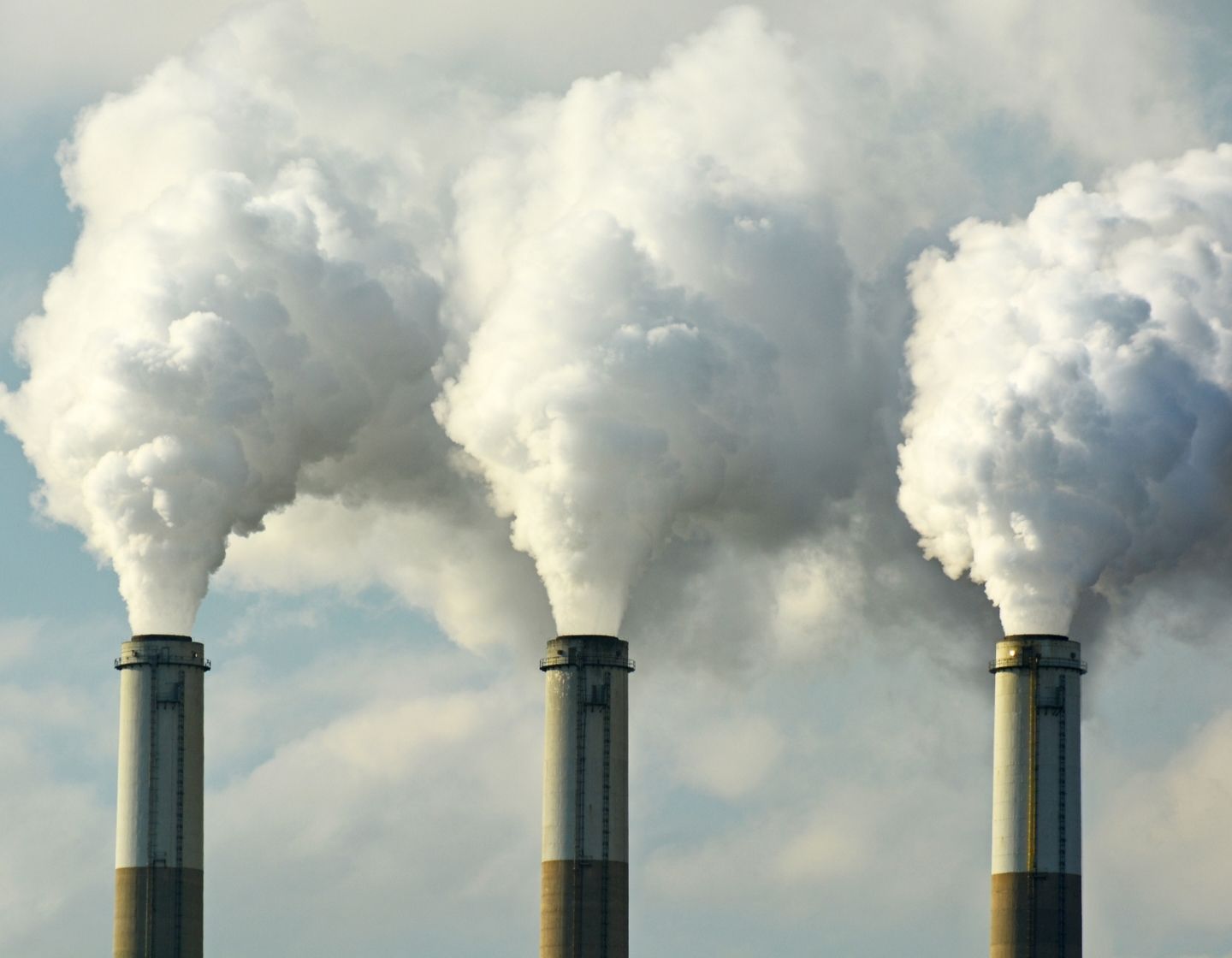Government energy plan shows urgent need to cut energy use
Prime Minister Liz Truss has announced a package of measures to help households and businesses with spiralling energy costs which highlights the urgent need to cut energy use.
The energy plan effectively caps the price of wholesale gas with subsidies to gas suppliers that balance the difference between the cap and the market price.
This means that the price cap, which limits the amount paid for each unit of gas and electricity, will ensure that the average annual household bill will rise to £2500 rather than the previously forecast £3600 on October 1st (and around £5000 in January).
This price cap level of £2500 will be in place for the next two years.
The domestic move is in addition to the £400 grant per household already announced and the Truss administration plans to remove green levies worth around £150 per household off bills. In all, bills should remain at around current levels through the winter.
Even so, the average household bill will still be double that seen in April this year and underlines the urgent need for a national energy efficiency strategy. And every household will benefit by reducing energy use through a simple 5-point plan:
- Fit LED lighting to cut costs by up to 85%
- Fit low flow taps, tap aerators and eco showerheads
- Install insulation
- Reduce draughts
- Turn the central heating down by 1 degree C.
Every home can cut bills and start saving with hundreds of products and tips through the SaveMoneyCutCarbon Home App.

Business energy fears
The cap on wholesale gas prices offers some help for businesses, health sector and education, and this element of the cap means commercial unit energy costs will be fixed for six months, with a review next Spring. The PM singled out hospitality as one the vulnerable sectors that would be in line for further help.
But the scheme is in sharp contrast to the aid for domestic customers which will be in place for two years.
The PM also announced that energy firms would have access to liquidity support worth up to £40bn. With the Bank of England, the government will set up the new scheme to ensure that firms operating in the wholesale energy market have the liquidity they need to manage price volatility.
The aim is to stabilise the market and decrease the likelihood that energy retailers, like Bulb, need support like they did last winter.
Find out how your business can reduce energy costs. Any company of any size can book a free call with one of our Energy & Carbon Mentors. During the 30-minute Zoom consultation they will assess your main business drivers, answer questions and share recommendations to help the business save money and cut carbon.
Costs of the energy package
Significantly, the actual costs of the package will not be announced for two weeks, when the new Chancellor Kwasi Kwarteng is expected to outline an emergency mini budget in response to 5 factors:
- Energy costs
- General cost of living
- European war
- Public finances under pressure
- Recession
The energy plan will be funded through government borrowing, which means that the costs would eventually be borne by businesses and households through the tax system. Current estimates are that the scheme could cost up to £150bn.
Clearly, the need for energy efficiency measures make financial sense for the government as the Treasury would reduce the amount of subsidy it pays out under the new price freeze plan.
The PM has currently ruled out an alternative funding source, a windfall tax on energy producer companies. While Truss is against the idea Kwarteng believes it will be necessary. Energy companies are due to make in excess of £170bn profits over the next two years. The Chancellor could also extend the energy profits levy, introduced for North Sea oil and gas operators, to renewable energy firms.

Fracking and oil
The PM also confirmed highly controversial plans to allow fracking and grant up to 130 new oil and gas licenses for the North Sea oil and gas industry. There was no announcement on offshore wind or onshore wind, with no immediate move on any national energy efficiency programme.
The ban on fracking which was introduced in 2019 over concerns it was causing earth tremors.The controversial gas extraction technique involves drilling into the earth and directing a high-pressure solution at a rock layer to release the gas inside.
Lower inflation
In her House of Commons announcement, the PM said that capping the price of energy would help reduce the rate of inflation by 5%. The Bank of England expects inflation to peak at 13%, with some economists predicting higher rates.
The cost of UK government borrowing is at its highest level for 8 years, with the yield on 10-year bonds now above 3%. The rise indicates that investors feel the government will need to borrow more in future, and that this will be more expensive.
Government ministers leading energy strategy
Jacob Rees-Mogg has been appointed Secretary of State for Business, Energy and Industrial Strategy (BEIS). He is a climate sceptic who has criticised the UK’s net zero plans and he will lead the implementation of energy plans over the difficult winter months
He favours squeezing “every last cubic inch of gas” from the North Sea, re-starting fracking and rejecting windfarms in favour of fossil fuels. Like marine oil and gas exploration, the development and delivery times for fracking are long, so the move would not ease the current energy crisis.
The former Brexit Opportunities Secretary will be tasked with introducing plans to offer communities payments if they accept fracking projects and to respond to a court ruling requiring the government to strengthen and update its net zero strategy by early next year.
He will have overall responsibility for meeting the UK’s legally binding target of net zero greenhouse gas emissions by 2050, which he described as “a long way off” and “a huge regulatory cost”.
However, in what appears to be a counterbalancing move, Graham Stuart has been appointed minister for climate change in the BEIS and will also attend cabinet. The former Foreign Office and international trade minister is well briefed on the climate role and broadly in support of strategies for net zero. After his appointment he said that it was “vital that the UK continues to drive forward progress in combating climate change”.
He will have the strong backing of Alok Sharma at the Cabinet Office, who remains president for COP26 until November’s COP27 in Sharm El Sheikh, Egypt with Minister of Foreign Affairs Sameh Shoukry as president.

Sharma is building on progress made at the UN COP26 summit in Glasgow last November, where governments and organisations agreed to limit global heating to 1.5C above pre-industrial levels.
Sharma and Stuart look certain to have a formidable task in successfully developing effective climate action in the face of tenacious opposition from Rees-Mogg. It is true that opinions can change – the former Energy Secretary Business Secretary and now Chancellor Kwasi Kwarteng was also a fossil-fuel and free-market hardliner but has shifted his position, now favouring some forms of regulation.
Kwarteng has been fully involved in the development of the Net Zero Strategy, fully supporting the development of cheap, clean power to the point where he said that fracking UK shale gas reserves “won’t materially affect the wholesale market price”.
Earlier this year the new Chancellor argued that those calling for the lifting of the moratorium on fracking “misunderstand the situation we find ourselves in”.
He said: “Even if we lifted the fracking moratorium tomorrow, it would take up to a decade to extract sufficient volumes – and it would come at a high cost for communities and our precious countryside, No amount of shale gas from hundreds of wells dotted across rural England would be enough to lower the European price any time soon.”
It is reported that he has been also critical of the previous government’s failure to invest in energy efficiency programmes and the allow more onshore wind development.
Whether Rees-Mogg has a similar epiphany and finally sees the green light is a fervent hope held without much conviction by the carbon reduction lobby.
Ranil Jayawardena will oversee the country’s nature, farming and water policy as Environment Secretary. the former International Trade Minister supports more and better laws to protect the environment, which he said is “one of the great challenges of the modern age”. However, he has consistently voted against measures to prevent climate change.
He favours regulation to manage the impacts of fracking, as well as supporting green innovation to improve energy security and reduce dependence on fossil fuels.

